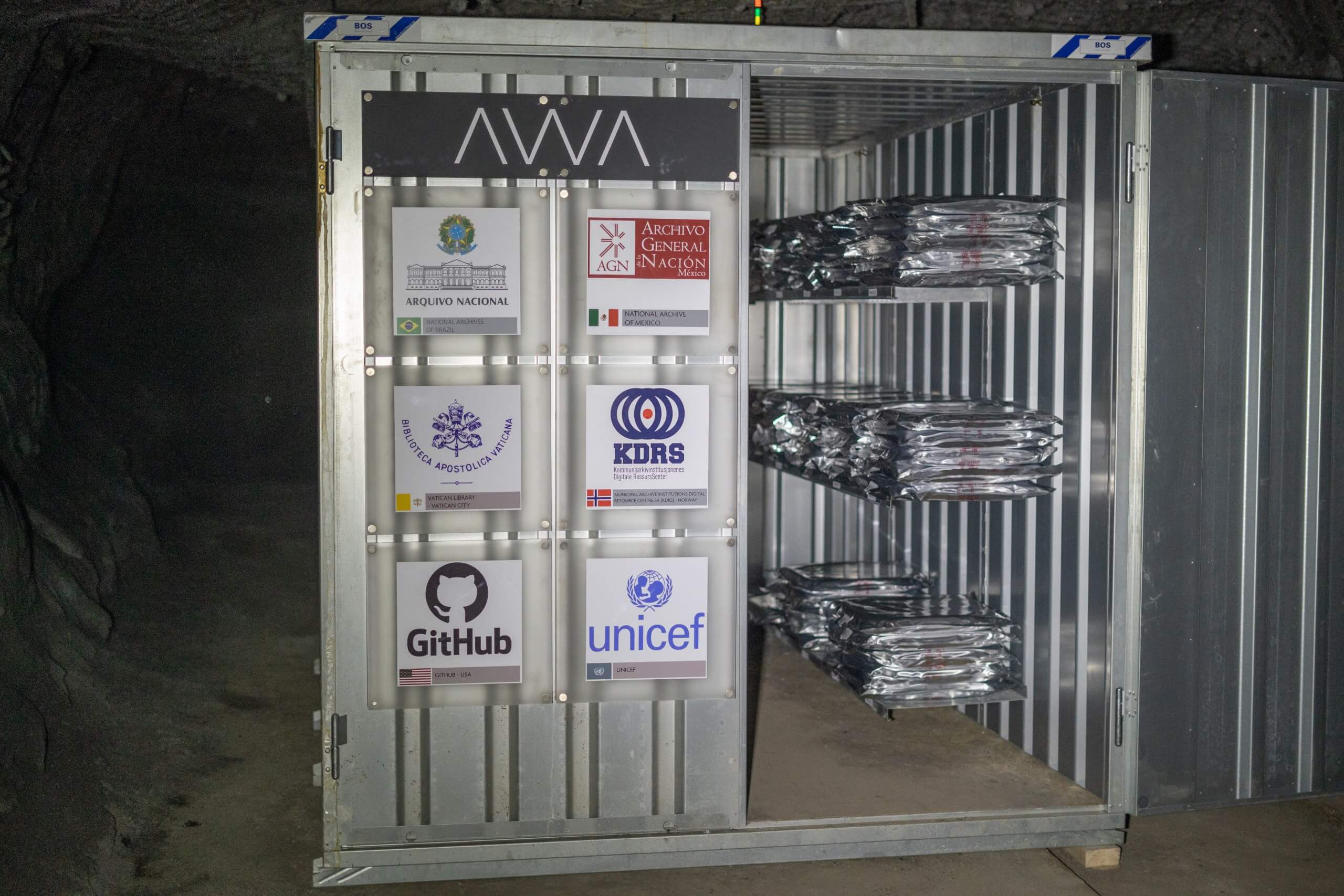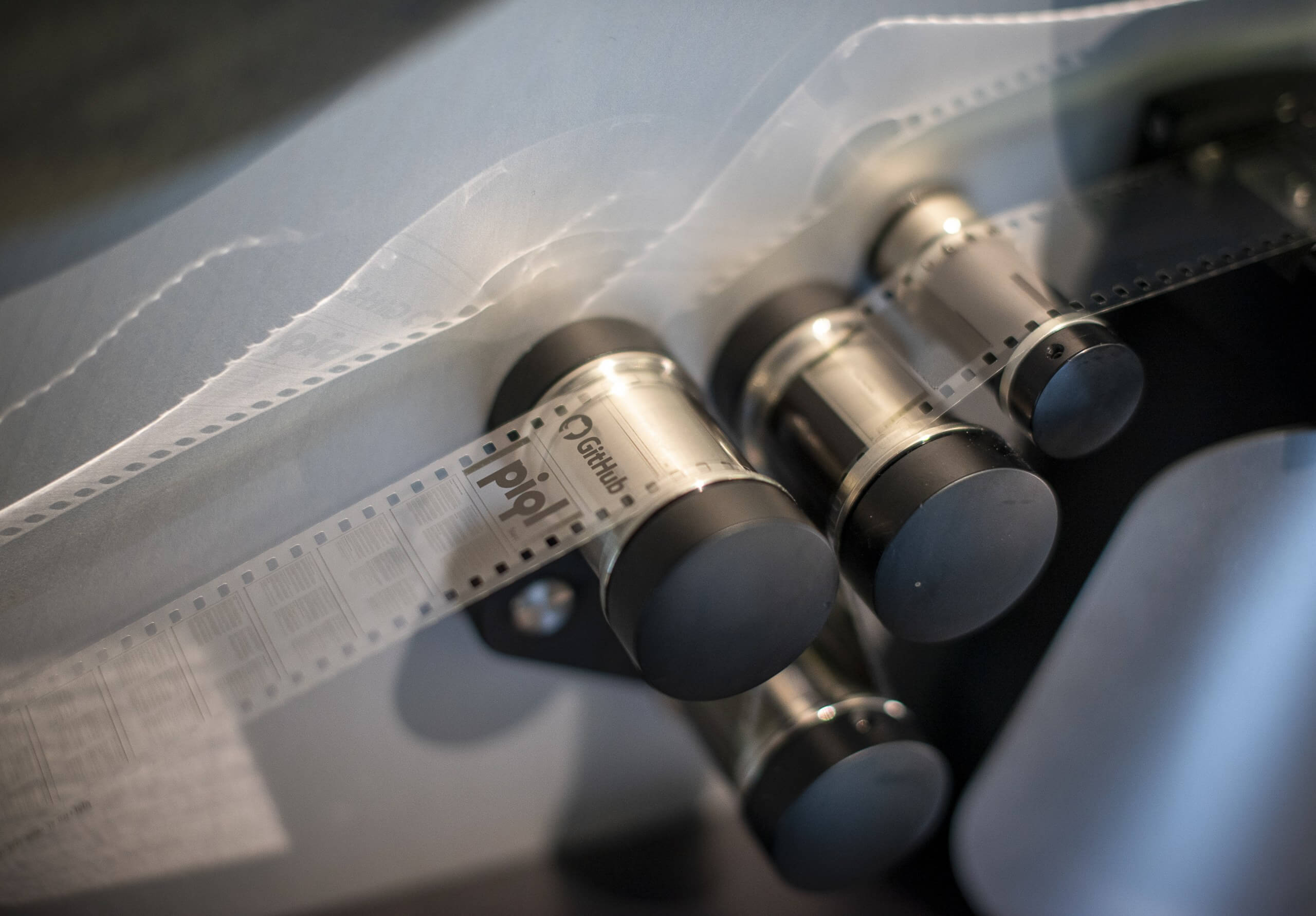In a nutshell: On February 2, GitHub grabbed a snapshot of all the public repositories live on the site at the time. They moved the data onto archival films and shipped them off into the deep arctic where they'll be stored for the next millennium. They hope that one day, the open-source data can be used by historians or future civilizations to understand the dawn of computing: the present.
The snapshot included any public repository that had at least 250 stars, that had at least one star and had been updated in the past year, or that had no stars but had been updated in the previous eighty days. If you've ever uploaded to GitHub, you've probably got your name and a creation stored in the arctic. Clicking on the Arctic Code Vault Contributor badge in the highlights section of a profile will reveal which of a user's projects were saved in this snapshot.
GitHub had Piql transfer the data to digital photosensitive archival film at their facility in Drammen, Norway. From there it was flown to the Svalbard archipelago, situated six-hundred miles north of the European mainland. On July 8, it was taken into a disused coal mine near Longyearbyen and placed into a deep chamber beneath hundreds of meters of permafrost. Sealed away, the data is as secure and safe as anything can be.

In addition to the repositories, GitHub also saved a few classic works of humanity and an introductory letter in case it's discovered after an apocalypse, or by aliens, or by something that doesn't know much about present humanity. "This archive, the GitHub Code Vault, was established by the GitHub Archive Program, whose mission is to preserve open source software for future generations," the letter reads. "You may be reading this one year from now, or one thousand, but either way, we hope its contents, and perhaps the very concept of open source, are useful to you."
GitHub also has some more strategies to save their data. They've partnered with the Internet Archive to create ongoing backups of GitHub via the Wayback Machine. The Software Heritage Foundation is saving and cataloging individual projects, and has currently saved about a hundred million from GitHub. Most amusingly, GitHub has also saved six thousand of the most popular repositories on quartz glass crystals, via Project Silica. Quartz storage is effective for tens of thousands of years and resistant to radiation and tough environmental conditions.
